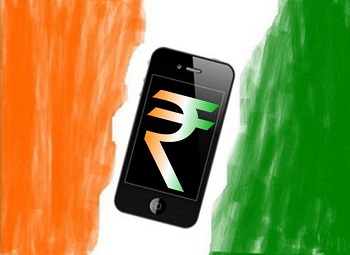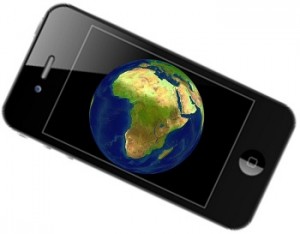Mobile payments continue to see strong growth throughout India, largely due to the availability of mobile wallets
India’s mobile commerce ecosystem is maturing at a rapid pace. In 2015, consumers throughout the country began realizing the benefits associated with mobile payments technology. The most notable benefit of this technology can be found in mobile wallets, which serve as digital versions of their physical counterparts. These wallets can be used to store a wealth of information, including financial details and special deals being offered by merchants. Mobile wallets have helped power the growth of the mobile payments space in India.
Mobile wallets have become quite popular with consumers
Currently, there are 12 mobile wallets available in India, coming from Paytm, MobiKwik, Oxigen, M-Pesa, and mRupee. Throughout India, some 125 million people use these mobile wallets, with Paytm accounting for the largest share of these consumers. Research and consultancy firm RNCOS recently released a study concerning the mobile wallet market in India. The study found that Indian consumers are quite interested in mobile payments, which has lead to a dramatic rise in the demand for digital wallets.
Mobile wallet market expected to reach $183 million by 2019
 According to the study from RNCOS, India’s mobile wallet market currently stands at $53 million. The market is expected to reach $183 million by 2019. Several companies are beginning to provide mobile payments services to consumers. As more people gain access to smartphones and tablets, they are becoming more active in the mobile commerce space. This has created an incentive for retailers and other businesses to support mobile payments in order to effectively engage consumers that are becoming increasingly mobile-centric.
According to the study from RNCOS, India’s mobile wallet market currently stands at $53 million. The market is expected to reach $183 million by 2019. Several companies are beginning to provide mobile payments services to consumers. As more people gain access to smartphones and tablets, they are becoming more active in the mobile commerce space. This has created an incentive for retailers and other businesses to support mobile payments in order to effectively engage consumers that are becoming increasingly mobile-centric.
More consumers are gaining access to smartphones and bank accounts
Some 400 million new consumers will have smartphones and bank accounts in the near future, making India a very attractive mobile commerce market. Retailers and financial institutions are expected to take advantage of this by offering new services that appeal to the needs of consumers. Competition may ensure that innovation comes to the mobile payments market, allowing mobile wallets to become more capable than they are currently.

 In the category of mobile payments and banking, the number of players in the market is starting to grow, as companies start to recognize that there is a massive population that has previously be unbanked and that can be effectively served through their mobile phones.
In the category of mobile payments and banking, the number of players in the market is starting to grow, as companies start to recognize that there is a massive population that has previously be unbanked and that can be effectively served through their mobile phones.